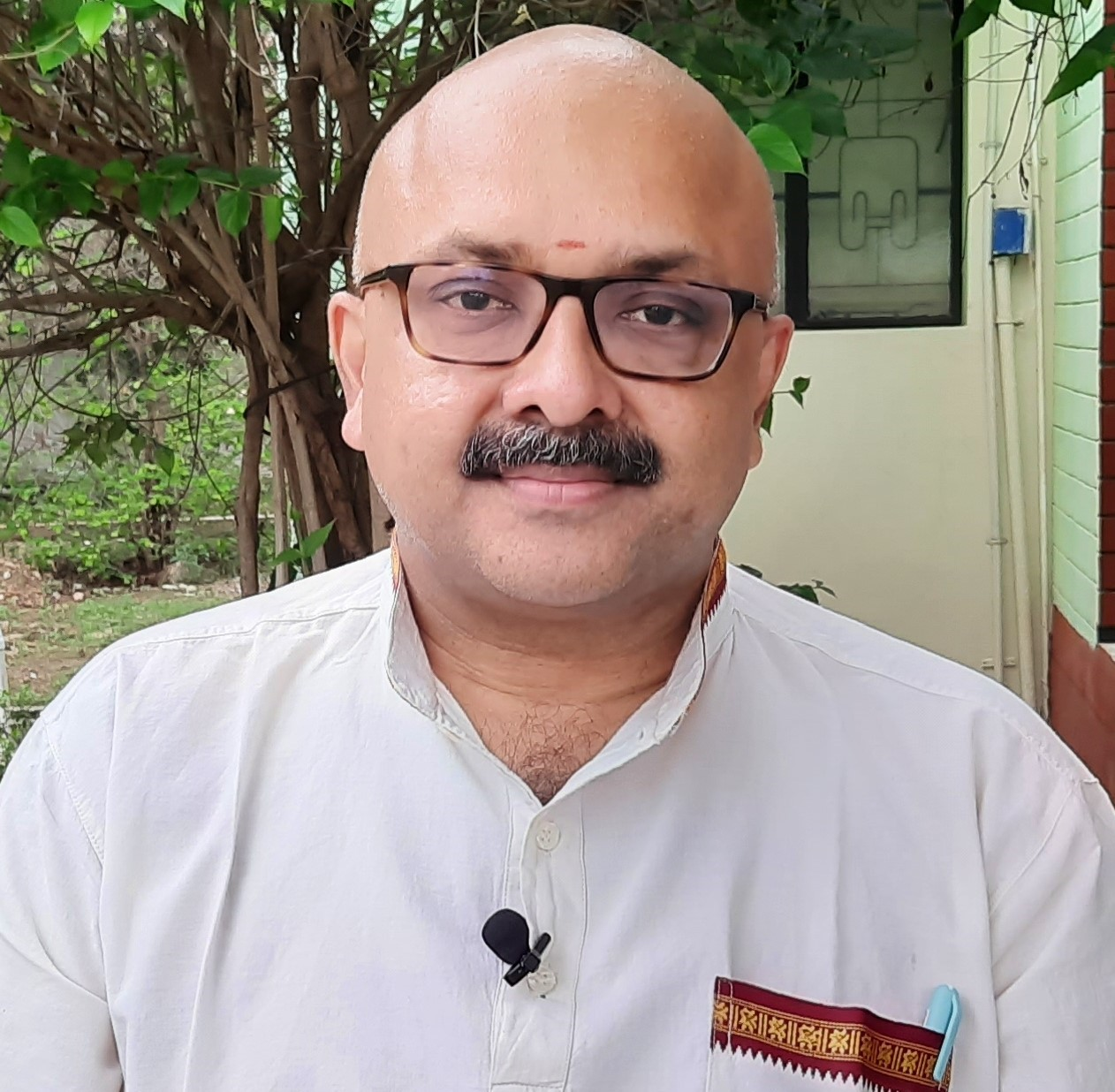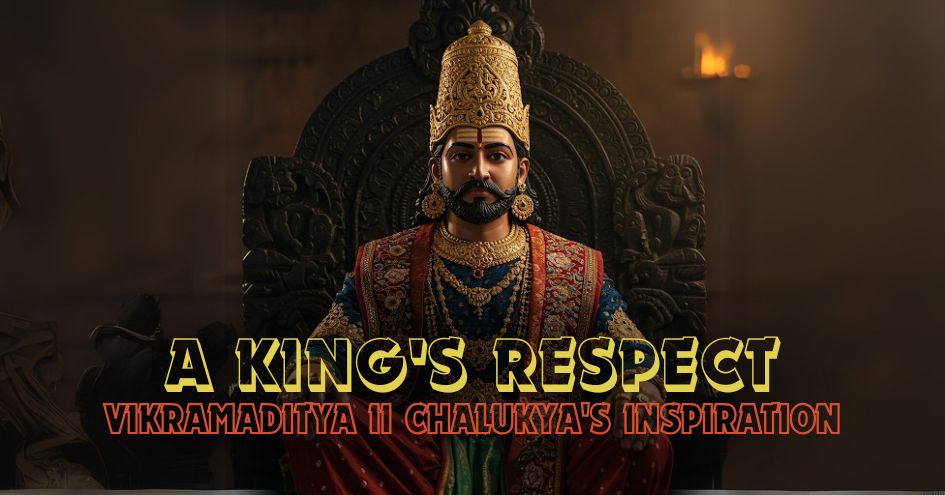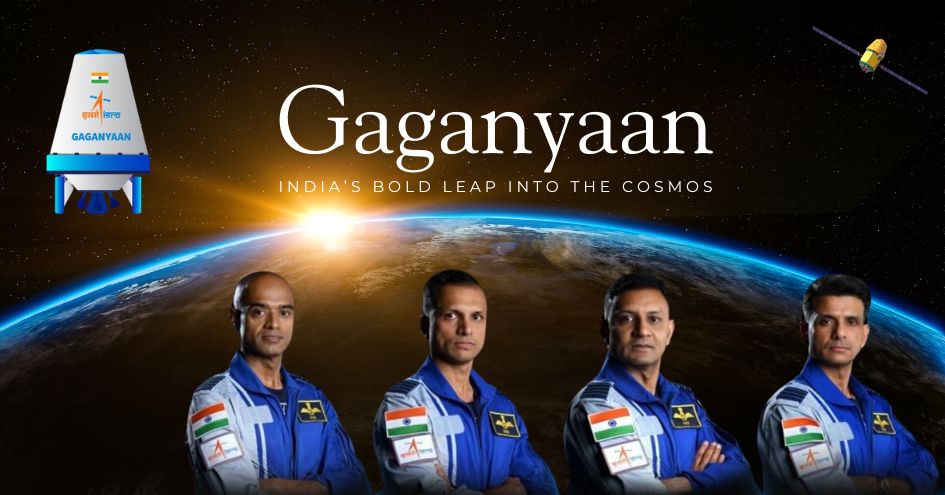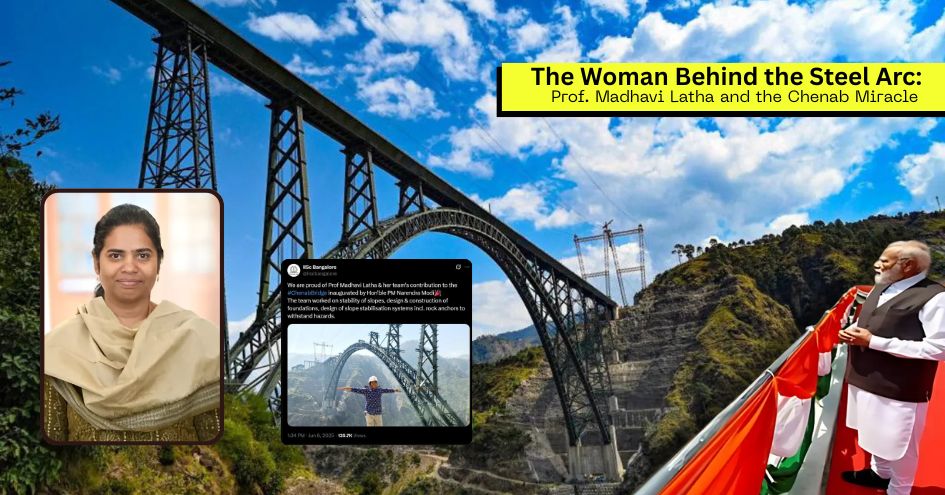A. Vitto Bai was the first daughter of Setty S. N. Padmanabha Chetty and Parvathavardhini Thaayaar of Salem. Her father had founded the iconic textile outlet Gopala Padma Vilas along with his relative Jayagopal Chetty. Padmanabha Chetty was a learned person, and he led a righteous life. Parvathavardhini Thaayaar was deeply attached to her husband, and she took excellent care of all his requirements. This made-for-each-other couple were blessed with S. P. Ramanathan, A. Vitto Bai, K. Lalitha Bai, and R. Subadhra.
All the four children were interested in reading, music, and the various finer aspects of life. My paternal grandmother, K. Lalitha Bai, was the third child of this family. I used to interact with all her siblings from my childhood days. My grandmother’s elder sister, Vitto Bai, was affectionately known as Vitto. She was a very calm and composed person. Anger was unknown to her, and decision-making was backed by patience, observation, and reason.
Vitto happens to be my Periya Paati (Grand aunt), and I was fortunate to know her well. She had been married to R. S. V. Alagiri Chettiar of Madurai at a young age of eleven. Her parents waited for her to attain puberty, before preparing her for a fruitful marital life. Alagiri Chettiar and Vitto Bai were blessed with Renuka, Srinivasan, Vyjayanthi, Vimala, and Pandurangan. The family lived at Ezhukadal Agrahaaram at Madurai.
Vitto Avva (Vitto grandmother) would always be neatly attired. She would be sporting an Ettukkal basery (Eight diamond nose pin), Mookutthi (A nose pin which dangles) and a nice pair of diamond earrings. A mild and pleasant smile would be present on her throughout the day. Her day used to begin early. She would get ready and cook food for the family. Everybody would leave to work and school. Thereafter, she would sit down to read prayers and books connected with our religion, Hinduism.
Vitto Bai taught a lot of good practices to her children. All the five of them would be taught the same stories, prayers, and habits. They would have to recite the ‘Mahishasura Mardhini Stotram’ on successive Fridays. Breakfast would follow the recitation. Similarly, all of them would recite the 30 verses of ‘Thiruppaavai’ by Aandaal. Every day during the Tamil month of Maargazhi, she would read the ‘Thulakaveri Maahatmiyam’ and during Aiypasi the kids would be made to listen to the story every day.
A. Vitto Bai would definitely visit the Meenakshi Amman Temple every day and Saturdays were reserved for visiting the Perumaal temple. She would take her kids to all the Kathaakaalakshemam (Recitation of stories connected with Indian religion in a musical way) that would take place in the neighbourhood. My aunt, S. Vimala of Trichy, continues to remember her mother taking all of them to the lectures of Thirumuruga Kripaananda Variar. All the deities of Madurai would come out in a procession and Vitto Avva was aware of the schedule. She would wait for the crackers to be burst which announced the commencement of the program and then hastened to the mandapam connected with the festivities. The marriage of Meenakshi and Sundareshwarar was very special for her, and she would visit the temple on that day.
Fridays were even more special and Vitto Avva would play the veena. All her daughters received the same quantum of resources from her. Social causes would attract her contributions and this leader among homemakers would give appropriate gifts to her relatives during their special occasions. Her diary would be full of details connected with her day-to-day activities.
She was up-to-date with her clothes and would go to watch a movie with her kids on the first working day of the week. This was followed by a tiffin at Arya Bhavan. Vitto Avva would get the best food for everyone. All the items ordered would be rich with ghee. She was known for her good ideas, timely decision-making, and advise. She would accommodate everyone. Kind-hearted Vitto Avva did not get into controversies, and she led an enjoyable life. Screaming, yelling, fighting, revenge-seeking were out of her way. Her house was her world, yet she had the ability to solve any kind of problem.
Vitto Avva’s unhurried observation and thinking packed by patience and maturity would bring out the best in her. She was a very good minister for her family and was endowed with good foresight. I remember meeting her as a child in Gopala Padma Vilas of Salem. She had invited us to her house on the occasion of the World Tamil Conference at Madurai. I still remember the sculptures which were located in the rear walls of the house. She told me that the sculptures were part of the unfinished Raya Gopuram (Tower), and this tower was located at Ezhukadal Veedhi, the street right behind their house.
There were several occasions when Vitto Avva’s wise counsel made things easy. She would advise my grandmother to visit temples regularly. I still remember her sending seven-hundred rupees to my grandmother along with a letter at the time of my grandmother’s 70th birthday (1998). My first visit to Thirukadaiyoor was when we witnessed the sashtiabdhapoorthi of R. S. V. Alagiri Chettiar and Vitto Bai. She had ensured that we could see Devi Abhiraami in her resplendent golden outfit.
Vitto Avva would often visit us and spend a day or two at our house. Her visits would be eagerly awaited by all of us. I still remember her neat appearance, the large Kumkuma pottu (Bindi) and flower placed on her hair-bun. My grandmother used to talk very high about her sister. I learnt that she would recite ‘Adithya Hridayam’ every morning and offer water to the sun during the recitation. She truly believed in the stories found in the epics, purana-s, the efficacy of karma, and the laws of dharma.
My grandaunt was an avid reader and would never waste her time. However, she would not be under stress or duress while discharging her duties. She was known to make the best use of time, money, and opportunity in a happy and composed manner. Her ability to plan small and big tasks were legendary. She would deal with problems head-on and would never lose her cool while doing so. Vitto Avva dealt with her brother-in-law, R. S. V. Perumal Chettiar and his wife, Seethalakshmi Ammal, with absolute maturity and respect.
Vitto Bai (1925 – 2005) truly believed in the purusharthaa-s and the various stages of life. She lived as per the aashrama dharma. The last few years of her life was in complete silence. She never spoke and would only respond in a quiet manner. She had kept her to herself and completely surrendered to the feet of the almighty. Her letters to my grandmother would be only complete on inking the words, Sree Venkatachalapathy Sahayam (May Lord Venkatachalapathy protect). The polite enquiries and communication would add cheer to my grandmother.
Remembering my grandmother’s elder sister, Vitto Bai, is truly my good fortune. The story of Vitto Avva and her qualities are definitely worthy of being shared in a public domain. Homemakers like Vitto Avva were born leaders and they nurtured numerous good qualities all their life. The culture and tradition of India that is Bharath can be assimilated by reading her story. Such Bharathiya naari-s are legends, and we are their legacy.
 Mr. Rajesh Govindarajulu is one of the founding members of the Verandah Club Pvt. Ltd. He is a leading columnist, historian, jeweler, entrepreneur, and a heritage enthusiast who is earnestly working to revive the past in the light of the present. Experiential learning about the history of Coimbatore is his main course of interest and he is also a panel member of many colleges in the city.
Mr. Rajesh Govindarajulu is one of the founding members of the Verandah Club Pvt. Ltd. He is a leading columnist, historian, jeweler, entrepreneur, and a heritage enthusiast who is earnestly working to revive the past in the light of the present. Experiential learning about the history of Coimbatore is his main course of interest and he is also a panel member of many colleges in the city.
NEXT ARTICLE

Indian History is rife with conflict between kings for power, territory and regional supremacy. We have seen instances where kings have made it a poin...

"Saare Jahaan Se Accha, Hindustan Hamara!"These immortal words, spoken by Squadron Leader Rakesh Sharma from the vast expanse of space in 1984, When t...

High in the rugged, unforgiving terrain of Jammu and Kashmir’s Reasi district, where the Chenab River slices through deep gorges and the Himalayas loo...